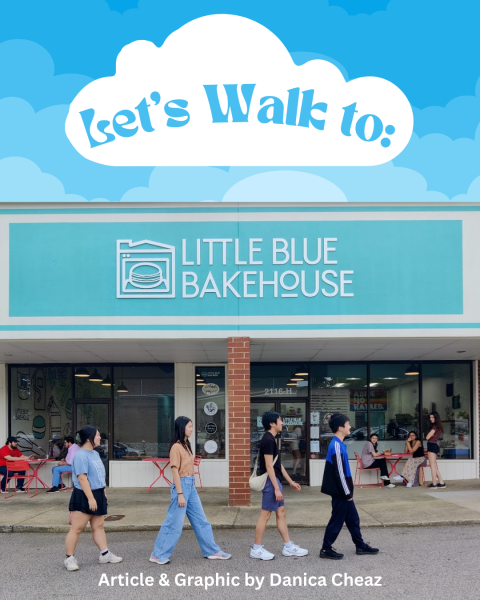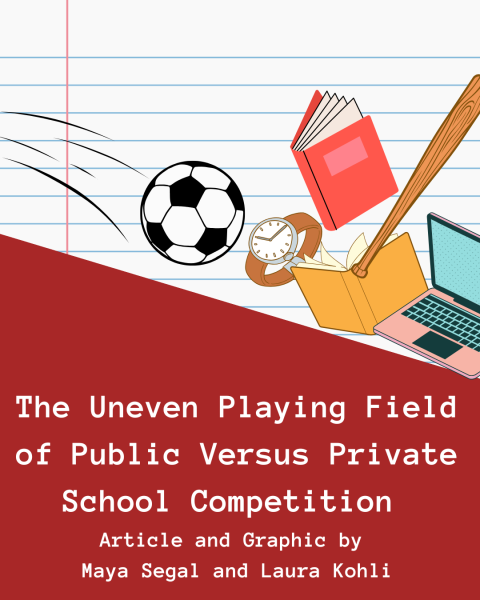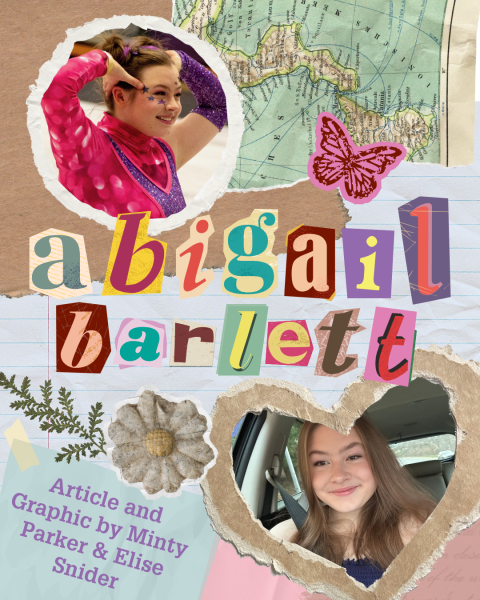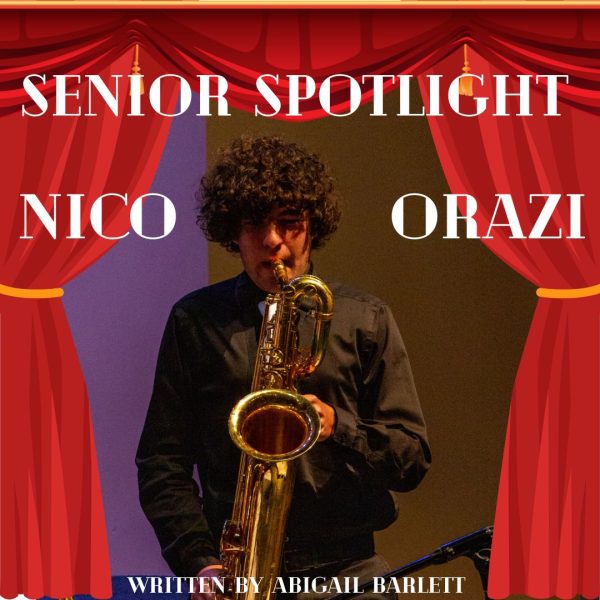What It’s Like Being the Only Black Kid in the Classroom
Disclaimer: I don’t speak for the entire black community. These are just my personal experiences.
The So-Called “Melting Pot” In Classrooms
One of the first things I look for when stepping into the classroom is how many people I know, and the second is how many people are black. Growing up, I had the luxury of going to schools that had a nice blend of cultures representing the melting pot of America. This is fortunate because it helped me become more culturally educated, less ignorant, and less insensitive. However, I have noticed that diversity often ends inside the classroom. I would see people from many backgrounds all over the school, but my classes were predominately white. Even at Enloe, I still find myself the only black student in my chemistry and math classes. In my C&C classroom filled with 60 students, I’m still only one out of the four black students in the class. According to a study by The University of Massachusetts Amherst, school counselors are less likely to recommend black students to AP classes than their white peers, even when their transcripts are identical. You could say that it’s black students’ fault for not signing up for more rigorous courses, but I beg to differ. The reason that I’m more hesitant to sign up for higher-level classes isn’t that I think it’s too hard; it’s just not easy being in a class where no one knows where you’re coming from. It makes you feel isolated and alone. It’s like living in two worlds. This is something that before this article, I never really expressed to my parents or even teachers. However, during the process of making this article, I realized I wasn’t alone.
Ariel Solomon (11th grade) expresses, “I feel estranged. It’s difficult knowing how no one in the class will understand what you’re going through and your culture… it’s frustrating.” Furthermore, Luka Ison (10th) voiced, “[It] makes me restricted to what I can say or do. I’m watching my actions and making sure that I’m not doing anything that possibly resorts to making my image less than. I must have great grades, and I must always be in class. Being the only black person in the class, I must set that example. It definitely puts pressure on me.” It’s not only black students that observe the racial disparities in the classrooms, but also the teachers. Mr. Condit teaches honors and standard-level chemistry. He teaches 180 students and only 8 of them are black male students, 2 of which are in his Honors chem classroom. To directly quote Mr. Condit: “It makes me feel powerless because I see potential in every student.” Everyone has the aptitude to take higher-level classes. Even if some teachers and administrators don’t see it, go for it!
Avoiding the Angry Black Woman Stereotype
In a largely white class, people feel more comfortable saying things that wouldn’t be acceptable if they were in the presence of multiple people of color, which puts me in an uncomfortable situation. I want to educate people, however, I’m always afraid of being characterized as the “Angry Black Woman.” To combat this, I wouldn’t raise my voice, argue, or get heated in conversations. However, I am irritated when someone says something blatantly racist, and I have every right to be.
What can we do?
I asked all of my interviewees what we can do to challenge these issues. A shared answer was to rebuild the whole school system. It’s an understandable answer since the very foundation of education was built for white males. If you’re an ally, help call people out! If you hear someone say something out of pocket, call them out on it, not just when black people are watching. For teachers, accountability also should be placed upon students. You simply can’t allow students to get away with everything.
So, yes, I am a black girl taking multiple AP and Honors classes, and no, I don’t know the answers to the Civil Rights quiz. I know that I deserve the right to education just as much as anyone else, and so does any other person of color. I am not just another angry black woman. I have the right to be angry when someone says something racist. I have the right to an opinion. Me having to express my rights gives you a glimpse into what it feels like to be the only black student in the classroom.
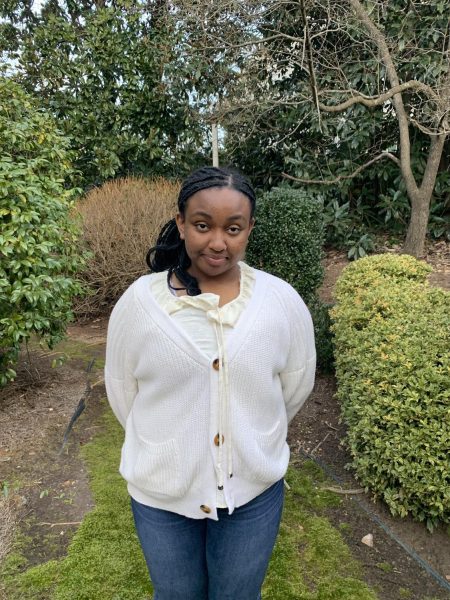
Vivian Njoroge is a senior, and it's her third year on the Eagle's Eye staff. It's also her second year as a graphics editor. Njoroge enjoys making changes...



